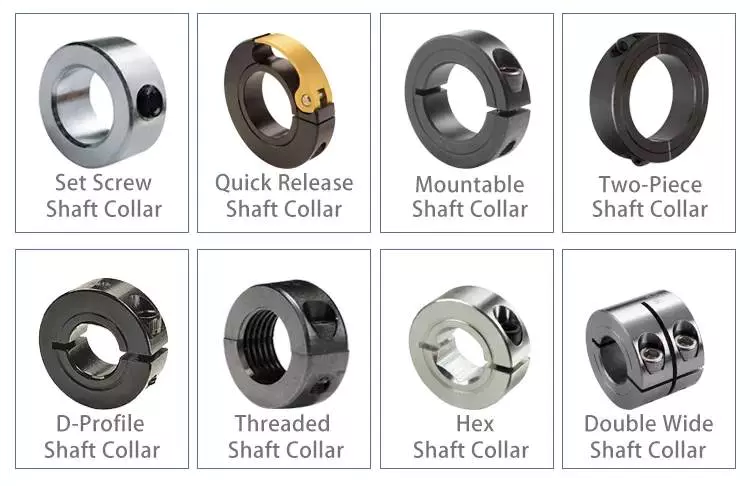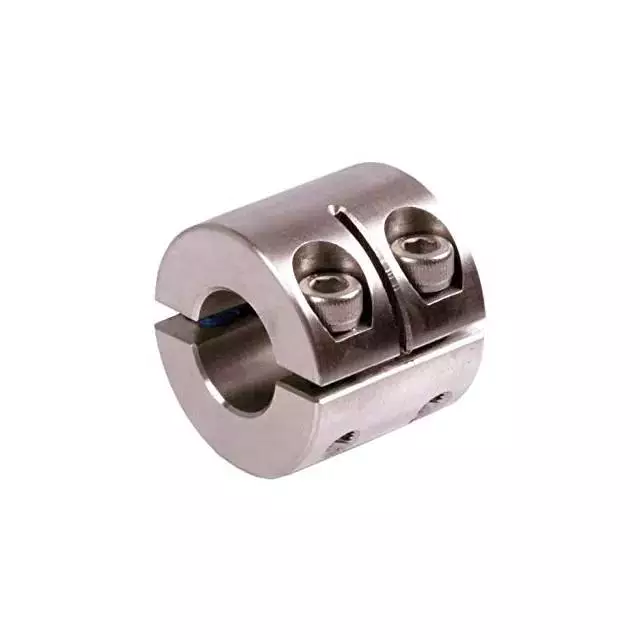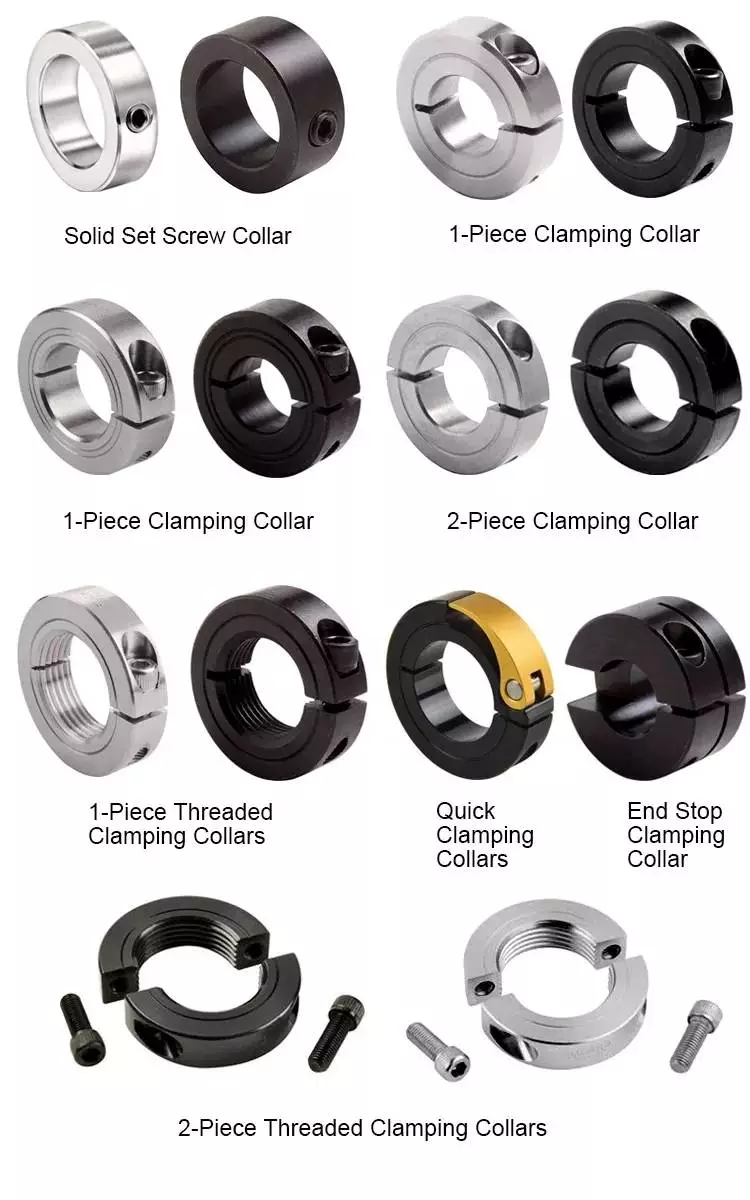Product Description
HangZhou CZPT CO.,LTD
QY Precision specializes in design and production of high precision metal parts and components. Focus on industry and action on demand, to be your trusted partner is our mission.
Our Advantages
About Us:
1. Focus on the customization of high-end zinc aluminum alloy die castings for Decades years
2. We are a one-stop manufacturer integrating mold design, product die-casting, and surface treatment
3. One-stop production, fast delivery, and the qualified rate of quality reaches 100%
4. One-stop production, from product mold design to product surface treatment, perfect quality control
5. Die-casting machines keep working 24 hours a day, with a daily output of 20W pieces, so we are capable of large quantity order
6. Strictly implement the national quality standards of the die-casting industry, strictly implement the ISO9001-2015 quality management system, and the products have passed ROHS certification
7. The quality is controllable, and the on-time delivery rate is 100% if there is no unstoppable disaster.
8. More than 5000+ die-casting mold customization experience, support customized processing with drawings and samples
Our Service:
1)OEM,Die Casting,CNC Machining,Surface Treatment
2) Own mould R&D team and mould making workshop.
3) Own factory to offer the reasonable prices and quick response.
4) One-to-One after sales services,answer question for customers 24 hours every day
5) Experienced project team,each product is tracked by a specially assigned person
Fast communication, Professional technology, Excellent product quality, Reasonable Price and Wonderful after-sale service.
Application of Custom Machined Parts:
All the parts from QY Precision are widely used in medical, electronic gadgets, electrical appliances, furniture, building, toys, motor cycles, racing cars, machine parts, kitchenware, sport equipment, music instruments, robots, machinery and many other fields.
Material Capability:
QY Precision Cooperates with domestic and foreign brand original manufacturers to optimize materials to ensure product quality and increase product life. At the same time, all materials can provide certification documents.
Surface Treatment from QY Precision:
Heat Treatment, Painting, Power Coating, Black Oxide, Silver/Gold plating, Electrolytic Polishing, Nitrided, Phosphating, Nickel/Zinc/Chrome/TiCN Plated, Anodizing, Polishing, Passivation, Sandblasting, Galvanizing, Heating Treatment, Harden, Laser mark etc. as customer requested.
CNC Processing Ability:
We have a large number of machines to meet Turning/Milling/Drilling/Stamping etc. different processing, such as CNC machining center 3-Axis, 4-Axis and 5-Axis, CNC lathe machine, CNC automatic lathe machine, Punching machine, grinder, precision internal/external grinding, wire cutting, spark machine, etc. The detection equipment: projector, altimeter, digital micrometer, digital caliper, quick gauge, plug gauge, internal/displacement gauge and other high-precision testing instruments, the detection accuracy up to 0.001mm.
| Services | CNC Milling, CNC Turning, Wire EDM Cutting, 3D Printing,Vacuum Casting,Reaction Injection Molding, Plastic CNC Machining, Laser, Cutting, Stamping Parts, Bending Parts |
| Material | Metal: Aluminum , Copper , Brass , Steel, Stainless Steel, Titanium and etc. |
| Plastic: ABS, POM, PP, PU, PC,PA66, PMMA, PVC, PVE, Nylon and etc. | |
| Surface treatment | Anodizing, Sandblasting, Metal Plating, Polishing, Painting, Powder coating, Brushing ,Silk-screen , Laser Engraving etc. |
| Heat treatment | Annealing, Normalizing , Nitriding, Tempering |
| File Formats | STP, STEP, IGS,STP,X_T ,DXF,DWG , Pro/E, PDF, SLDPRT |
| Inspection | In-house or third party, all the products are strictly inspected by skilled QC |
| Service Type | OEM & ODM Service |
Detailed Photos
Customized High Precision Aluminum Metal Standard Shaft Collar
Product Description
Specification:
| Services | CNC Milling, CNC Turning, Wire EDM Cutting, 3D Printing,Vacuum Casting,Reaction Injection Molding, Plastic CNC Machining, Laser, Cutting, Stamping Parts, Bending Parts |
| Material | Metal: Aluminum , Copper , Brass , Steel, Stainless Steel, Titanium and etc. |
| Plastic: ABS, POM, PP, PU, PC,PA66, PMMA, PVC, PVE, Nylon and etc. | |
| Surface treatment | Anodizing, Sandblasting, Metal Plating, Polishing, Painting, Powder coating, Brushing ,Silk-screen , Laser Engraving etc. |
| Heat treatment | Annealing, Normalizing , Nitriding, Tempering |
| File Formats | STP, STEP, IGS,STP,X_T ,DXF,DWG , Pro/E, PDF, SLDPRT |
| Inspection | In-house or third party, all the products are strictly inspected by skilled QC |
| Service Type | OEM & ODM Service |
Surface Finish:
Available Material:
FAQ
1.How to get a quote?
Kindly send us the drawing of your product,please. Including details as below: a.Materials b. Surface Finish c. Tolerance d. Quantity If you need solutions for your application, kindly send us your detail requirements, and we will have engineers to serve you.
2.How does the payment process work?
Payment terms are flexible for us. We can accept different type payment way, for example: T/T
3.How do I know about the production?
We will double confirm your requirements and send you the sample before the mass production as you required.
4.How do I know about the delivery?
Before shipment we will confirm with you about all the details including CI and other attention issues. After ship out, we will inform you of the tracking number and keep updating the latest shipping information for you.
5.What will you do for after sales?
We will follow up and await your feedback. Any question related to our metal parts, our experienced engineers are ready to help. And welcome to contact for any supporting of your other application even if their is no relationship with our products.
6. Are you manufacturer or trader?
Both trader and manufacturer. We have our own Machining factory, and also work with excellent factories to supply more process service to meet cutomers’ requirements.
Packaging & Shipping
| Type: | Fixed Collar |
|---|---|
| Supply: | Drawing Design |
| Item: | Machining Part |
| Samples: |
US$ 0/Piece
1 Piece(Min.Order) | Order Sample |
|---|
| Customization: |
Available
| Customized Request |
|---|
.shipping-cost-tm .tm-status-off{background: none;padding:0;color: #1470cc}
|
Shipping Cost:
Estimated freight per unit. |
about shipping cost and estimated delivery time. |
|---|
| Payment Method: |
|
|---|---|
|
Initial Payment Full Payment |
| Currency: | US$ |
|---|
| Return&refunds: | You can apply for a refund up to 30 days after receipt of the products. |
|---|

Can I find information on alternatives to traditional shaft collars for specific applications?
Yes, information on alternatives to traditional shaft collars for specific applications is available. In addition to traditional shaft collars, there are various innovative solutions and alternative devices that can be used depending on the specific application requirements. Here are some sources where you can find information on alternatives to traditional shaft collars:
- Manufacturer Websites and Catalogs: Many manufacturers of mechanical components provide detailed information on their websites or in product catalogs about alternative devices or solutions to traditional shaft collars. These resources often highlight specific applications, industries, or challenges where alternative devices may be more suitable. Exploring manufacturer websites and requesting catalogs can help you discover innovative options.
- Technical Publications and Journals: Technical publications and journals focused on mechanical engineering, automation, or industrial applications often feature articles or case studies discussing alternative devices for various applications. These resources provide insights into the latest advancements and emerging technologies in the field. Accessing academic databases, engineering libraries, or subscribing to relevant publications can help you access this information.
- Engineering Conferences and Seminars: Attending engineering conferences, seminars, or workshops related to mechanical components or industrial automation can provide opportunities to learn about alternative devices through presentations, panel discussions, or technical sessions. These events often bring together experts, researchers, and industry professionals who share their knowledge and present innovative solutions. Checking event calendars, industry association websites, or engineering organizations can help you find relevant conferences or seminars.
- Online Engineering Forums and Communities: Online engineering forums, communities, and social media groups dedicated to mechanical engineering or industrial automation can be valuable sources of information on alternative devices. These platforms allow engineers and professionals to exchange ideas, discuss challenges, and share their experiences with different solutions. Participating in these forums, asking questions, or searching for relevant discussions can provide insights into alternative devices for specific applications.
- Consulting with Industry Experts: Seeking advice from industry experts, such as mechanical engineers, industrial automation specialists, or application consultants, can help you explore alternative devices tailored to your specific application requirements. These professionals have in-depth knowledge of the field and can provide personalized recommendations based on your needs. They can be contacted through engineering consulting firms, professional networks, or by reaching out to manufacturers directly.
When considering alternatives to traditional shaft collars, it is important to thoroughly evaluate the specific application requirements, including factors such as load capacity, precision, environmental conditions, space limitations, and maintenance considerations. Each alternative device may have its own advantages and limitations, and it is crucial to select the most suitable option based on the unique needs of your application.

Where can I find information on the materials used in manufacturing shaft collars?
If you are looking for information on the materials used in manufacturing shaft collars, there are several sources where you can find relevant information. Here are some common resources to consider:
- Manufacturer Websites: Many manufacturers of shaft collars provide detailed information about the materials they use in their product specifications or technical datasheets. Visiting the websites of specific collar manufacturers and exploring their product documentation or resources section can help you find information about the materials used in their collars. This information may include the type of material (such as steel, stainless steel, aluminum, or plastic) and any specific properties or characteristics associated with the material.
- Product Catalogs and Brochures: Manufacturers often publish product catalogs or brochures that provide an overview of their collar offerings. These catalogs may include information about the materials used in manufacturing the collars. You can request catalogs from manufacturers directly or check their websites for downloadable versions. The catalogs may highlight the material properties and advantages of using specific materials for different applications.
- Material Databases: Online material databases or directories can be valuable resources for finding information about specific materials used in manufacturing shaft collars. These databases typically provide comprehensive information about various materials, including their composition, mechanical properties, corrosion resistance, temperature tolerance, and other relevant characteristics. Examples of such databases include MatWeb, Engineering Toolbox, or specialized materials databases maintained by industry organizations or universities.
- Technical Standards and Specifications: Technical standards and specifications related to mechanical components can often include information about the materials used in their construction. Standards organizations or industry associations may release documents that outline the material requirements for shaft collars or provide guidelines for material selection. Accessing these standards or specifications can provide insights into the recommended materials for shaft collar manufacturing.
- Consulting with Manufacturers or Suppliers: If you have specific questions about the materials used in manufacturing shaft collars, reaching out directly to manufacturers or suppliers can be beneficial. They can provide detailed information about the materials they use, including their composition, properties, and any specific treatments or coatings applied to enhance performance. Contacting manufacturers or suppliers allows for direct communication and the opportunity to address any specific concerns or requirements you may have.
When seeking information on materials used in shaft collar manufacturing, it is important to consider factors such as desired properties (e.g., strength, corrosion resistance), environmental compatibility, and application-specific requirements. This will help you make informed decisions about selecting shaft collars that are suitable for your specific needs and operating conditions.

What are the key features to consider when selecting shaft collars for specific machinery?
When selecting shaft collars for specific machinery, there are several key features to consider. These features help ensure that the chosen shaft collars are compatible with the machinery and can perform effectively in the intended application. Here are the key features to consider:
- Shaft Size and Material: The first consideration is the size and material of the shaft. Shaft collars are available in various sizes to accommodate different shaft diameters. It is crucial to accurately measure the shaft diameter and choose a collar that matches it. Additionally, consider the material of the shaft, such as steel, stainless steel, or aluminum, and select a collar material that is compatible with it to prevent galvanic corrosion or other compatibility issues.
- Collar Material: Shaft collars are available in different materials, including steel, stainless steel, aluminum, and plastic. The choice of collar material depends on factors such as the application environment, load requirements, and desired durability. For example, stainless steel collars are often preferred for corrosive or high-temperature environments, while plastic collars may be suitable for lighter-duty applications or situations where avoiding marring or scratching the shaft is important.
- Collar Type: Consider the type of collar that best suits the specific machinery and application. The common collar types include set screw collars, clamping collars, one-piece solid collars, two-piece split collars, threaded collars, hinged collars, flanged collars, and specialty collars. The choice depends on factors such as ease of installation, adjustability, space limitations, and the need for specific features like indexing, quick release, or torque limiting.
- Load Capacity: Evaluate the load capacity requirements of the machinery. The shaft collars should be capable of withstanding the expected loads and forces without deformation or failure. Consider factors such as the torque, axial force, and radial force that the collar will experience in the application and choose a collar with an appropriate load rating to ensure reliable and safe operation.
- Operating Conditions: Take into account the operating conditions in which the machinery operates. This includes factors such as temperature, humidity, vibration, and exposure to chemicals or contaminants. Ensure that the chosen shaft collars are designed to withstand these conditions and have appropriate corrosion resistance, temperature tolerance, and environmental sealing if needed.
- Installation and Adjustment: Consider the ease of installation and adjustment of the shaft collars. Some collars, such as set screw collars, are relatively easy to install and require minimal tools. Others, like clamping collars, may require more complex assembly or adjustment procedures. Choose a collar that aligns with the available installation and adjustment methods in your machinery and suits the desired level of convenience or precision.
- Compatibility with Other Components: Assess the compatibility of the shaft collars with other components in the machinery, such as bearings, gears, pulleys, or couplings. Ensure that the collar design and dimensions allow for proper alignment, clearance, and interaction with these components. Consider any specific requirements or constraints imposed by the machinery design or the need to interface with existing components.
- Cost and Availability: Finally, consider the cost and availability of the chosen shaft collars. Compare prices from different suppliers or manufacturers to ensure that the collars offer good value for money. Additionally, assess the availability of the collars from reliable sources to avoid delays or difficulties in obtaining replacements or additional collars when needed.
By carefully considering these key features, you can select shaft collars that are well-suited for the specific machinery, ensuring proper functionality, reliable performance, and compatibility with the application requirements.


editor by CX 2023-11-30